chloe eastman is a forensic mortuary technician
In issue 121, we learn the ins and outs of the mortuary biz.
I do autopsies for a living. Some people’s eyes light up with morbid curiosity when I tell them this. Other people look at me with disgust and ask me why I don’t do something “nicer.”
I get it. This industry is taboo. It’s hidden from the community. So it’s not your fault if you’re imagining me as some sort of crypt keeper in a black cloak, working in an underground lair. In reality, though, this is clinical work – and I wear a whole lot of personal protective equipment. I think of it as after-life healthcare.
I’ve been a mortuary technician for about four years now. I graduated with a Bachelor of Forensic Science, Criminology and Criminal Justice in 2020. Once I started working in the field, I worked my way up from mortuary aide to forensic mortuary attendant to acting mortuary manager.
You’ve probably seen mortuary technicians on TV shows like Bones or NCIS. Some of the cases we get are indeed as strange, morbid and bizarre as what you see on TV. Often, the mortuary techs in these shows are women – and that’s an accurate representation too (over 70 per cent of autopsy attendants are women). But the real-life mortuary process is slower than what you see on TV. Some cases take years to close (we’re certainly not wrapping them up in a 40-minute episode). We also don’t get to go to the crime scenes, carry a gun or chase after the bad guys.
Most people think that autopsies are only used to find the cause of a suspicious death, but we receive bodies from all reportable deaths – unknown person, violent, unnatural, suspicious, health-care-related, death in care or death in custody. We receive men, women and children from various cultural backgrounds, in various stages of undress, injury, decomposition or mutilation. These bodies may be intact, in utero, incomplete, incinerated, decomposed, skeletonised, desiccated or, in rarer cases, embalmed or exhumed.
Autopsies serve several purposes. They help with investigation and prosecution; reassure families with genetic testing, life assurance and closure; assist with tissue banking, donation, medical education and research; prevent similar deaths; and help to protect vulnerable people in the community.
It’s impossible to predict what type of case a day will bring. But most days are scheduled the same. In the morning, we prep the mortuary theatres and then spend three to four hours performing autopsies – though some cases take one to two days, depending on complexity. In the afternoons, we package and register samples to be sent for analysis. The remainder of the day is spent performing cleaning and maintenance tasks.
Like any job, there are good days and bad days. I love it when we get a case that requires a high level of technical skill. It means I can finish the case knowing I did meaningful and valuable work. But it’s tough when we have a high caseload with lots of high-priority cases. Or when we receive particularly challenging cases – like homicides or severe trauma accidents like high-speed car accidents – especially when they involve children or infants. Then there’s the deceased who haven’t been found for a long time and are severely decomposed; at times I find myself battling maggots and slipping in liquefied fat. And don’t even get me started on the smell. But at the end of the day, these are people, and they deserve the same respect as any other person.
Once I leave work for the day, I try to switch off and not think about it. It’s not the sort of job you should take home with you. You learn to compartmentalise pretty quickly. When I’m not working, I take time for self-care. I enjoy going on walks, doing craft projects and tending to my plants. I’m also really passionate about mental health and wellbeing, and am proud to have established several mental health initiatives at my work.
You might be wondering why I do this. Nothing in this job comes easy. But I get to support families during the most difficult time in their lives: to provide them with answers and bring them closure. This job has given me an appreciation for life that I don’t think I’d have otherwise.
Life is precious. Ultimately, we’d all love to live a beautiful life into old age. But you can never anticipate when an accident might take that away. Tomorrow isn’t a promise, so you need to fill your life with things you love. And, as Grandma used to say, always wear your nice undies when you leave the house, because the mortuary tech might end up seeing them… Just joking; I won’t judge.
This article was featured in frankie issue 121. To get your mitts on a copy, swing past the frankie shop, subscribe or visit one of our lovely stockists.

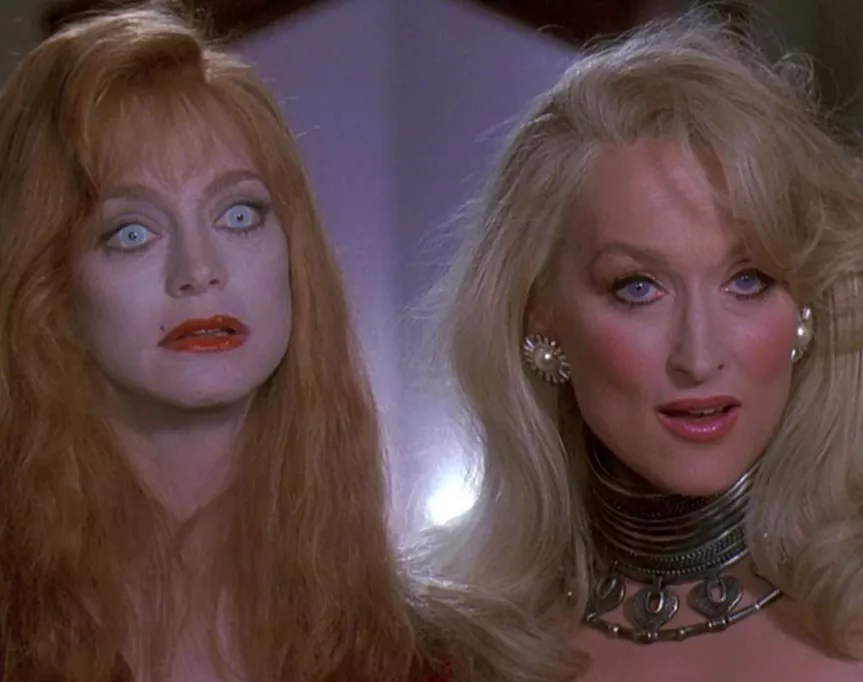
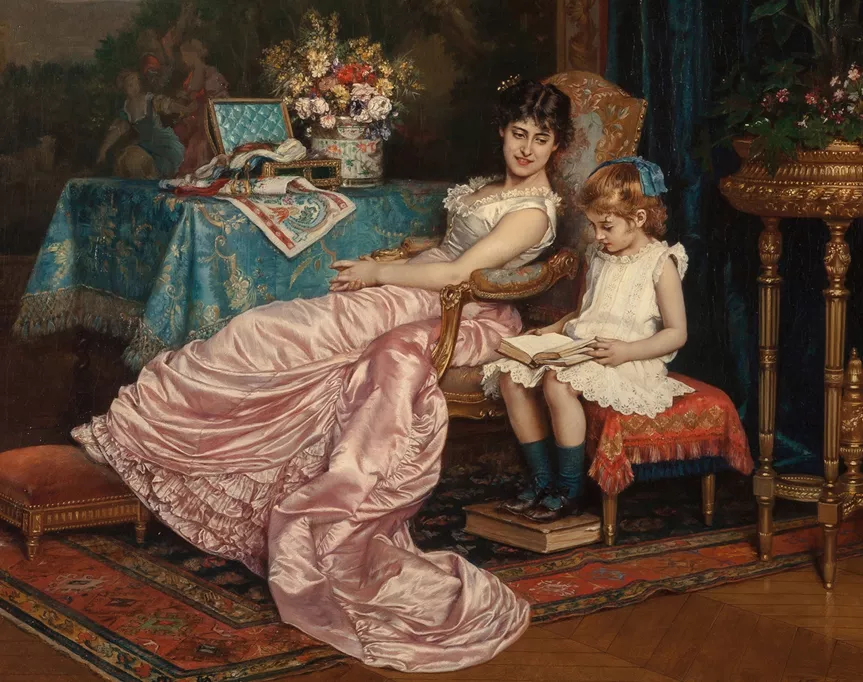
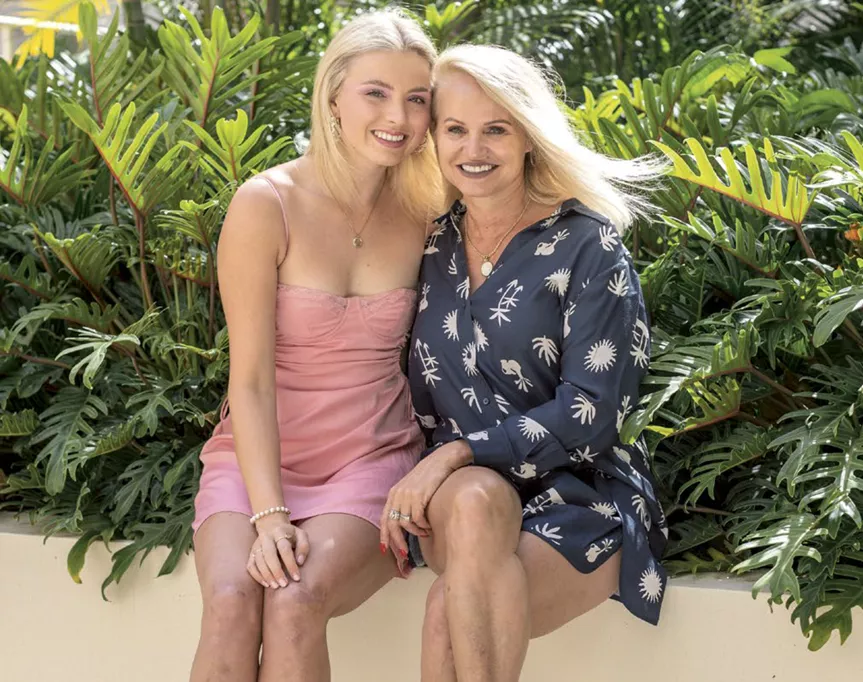
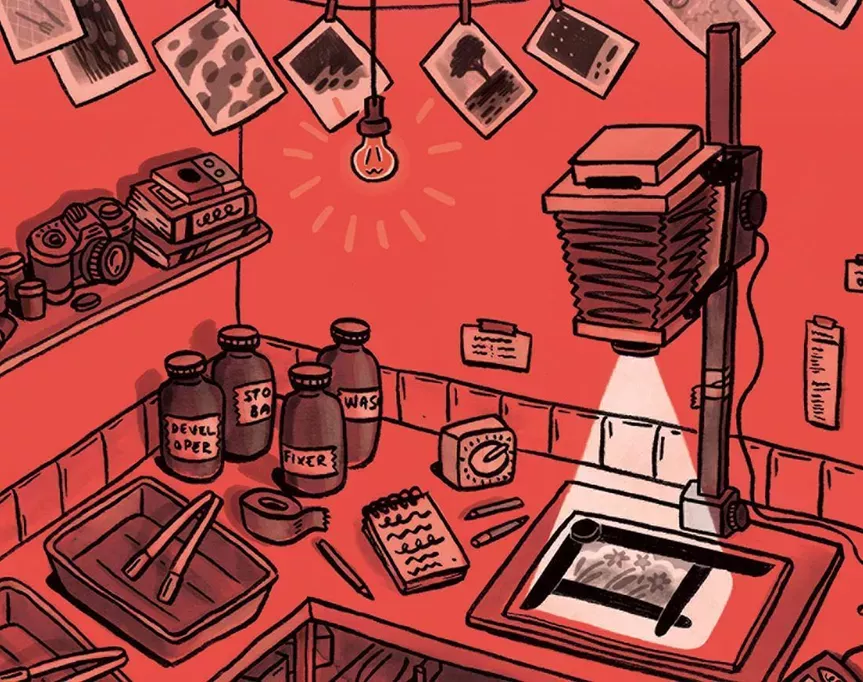

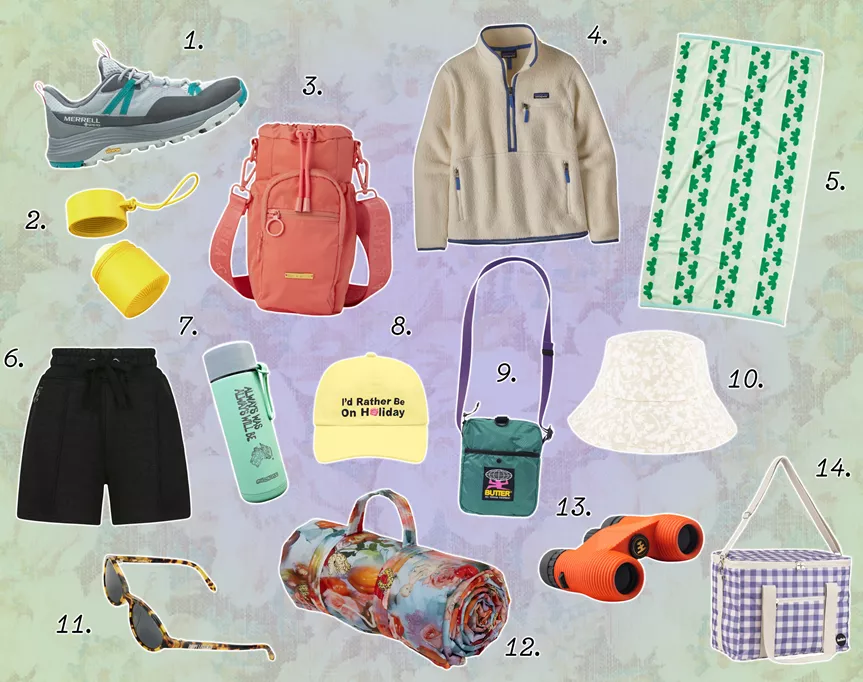
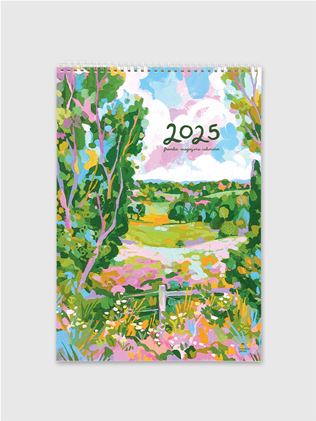

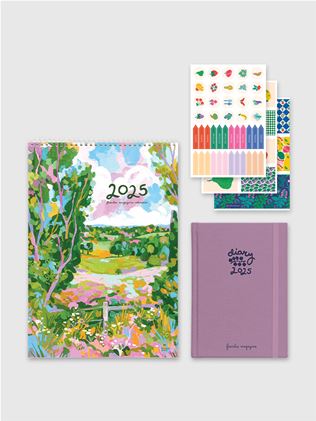
.jpg&q=80&w=316&c=1&s=1)



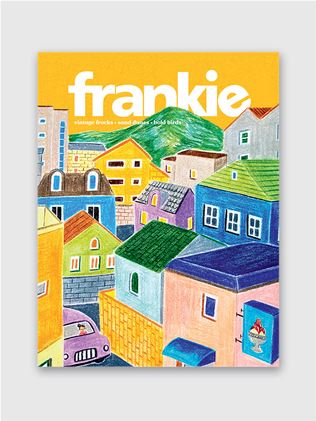






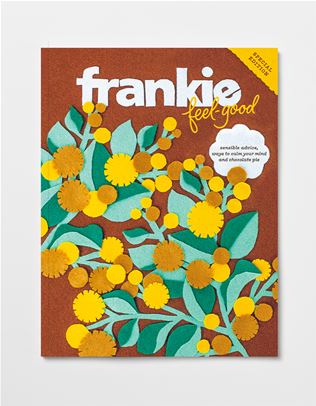






.jpg&q=80&w=316&c=1&s=1)










